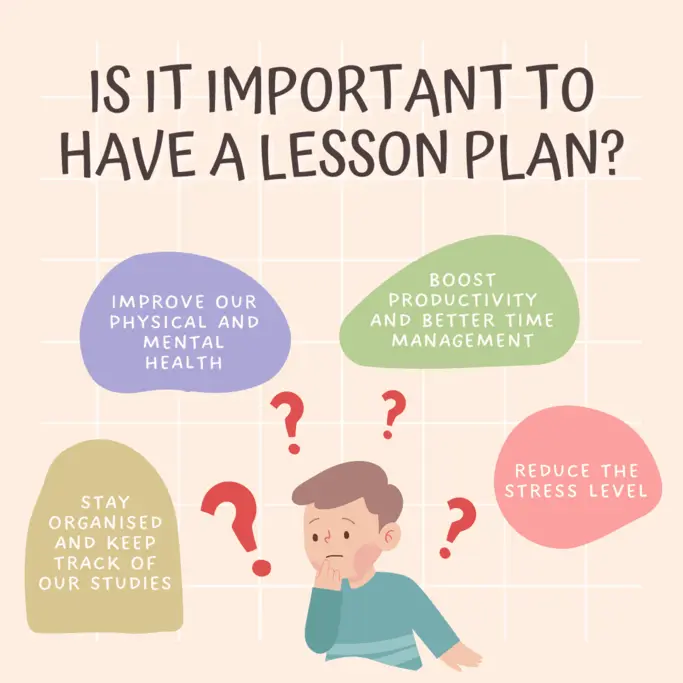
Creating a study schedule that actually works is one of the most effective ways to boost your productivity and ensure academic success. While it might seem daunting at first, having a structured plan can help you balance your studies with other responsibilities, reduce stress, and improve learning outcomes. This comprehensive guide will walk you through the steps to craft a personalized and realistic study schedule that fits your unique needs.
Why Is a Study Schedule Important?
A study schedule serves as a roadmap for your learning journey. It helps you:
- Stay Organized: By knowing what to study and when, you eliminate the chaos of last-minute cramming.
- Enhance Focus: Scheduled time blocks encourage you to focus on one task at a time.
- Promote Consistency: A routine makes studying a habit rather than a chore.
- Prevent Burnout: Allocating time for breaks ensures you remain refreshed and motivated.
- Achieve Goals: Clear planning helps you track progress and stay accountable.
Step 1: Assess Your Needs and Priorities
Before diving into scheduling, evaluate your current situation:
- Identify Your Subjects or Topics: List all the subjects or topics you need to cover, including any specific areas where you struggle.
- Understand Deadlines: Note important dates such as exams, assignments, and project submissions.
- Analyze Your Daily Routine: Determine how much free time you realistically have for studying after accounting for classes, work, and personal activities.
- Set Goals: Be specific about what you want to achieve, whether it’s mastering a subject, improving grades, or preparing for a test.
Step 2: Determine Your Learning Style

Understanding your learning style can help you optimize your schedule:
- Visual Learners: Incorporate diagrams, videos, and flashcards.
- Auditory Learners: Allocate time for listening to lectures or discussing concepts with others.
- Kinesthetic Learners: Schedule hands-on activities or experiments to enhance learning.
- Read/Write Learners: Focus on reading textbooks and taking detailed notes.
Step 3: Choose the Right Tools
Having the right tools can make planning and following your schedule easier. Consider:
- Planners or Notebooks: For those who prefer traditional methods.
- Digital Apps: Tools like Google Calendar, Notion, or Trello allow for easy customization and reminders.
- Timetables: Printable templates can help visualize your weekly schedule.
Step 4: Build Your Schedule Step-by-Step

1. Start with Fixed Commitments
Block out non-negotiable commitments like classes, work, meals, and sleep. These serve as the foundation of your schedule.
2. Allocate Study Blocks
Use the remaining time for study sessions. Consider these tips:
- Chunk Your Time: Divide your study periods into manageable blocks, such as 25-50 minutes, followed by 5-10 minute breaks. This is known as the Pomodoro Technique.
- Prioritize Difficult Tasks: Schedule challenging subjects or topics during your peak focus hours (e.g., morning for many people).
- Mix It Up: Alternate between subjects to prevent monotony and improve retention.
3. Incorporate Review Time
Regularly revisit previously studied material. Spaced repetition enhances long-term memory retention.
4. Plan for Breaks and Flexibility
- Include short breaks between study blocks to recharge.
- Dedicate one or two hours each week as a buffer for unexpected tasks or revisions.
Step 5: Stick to Your Schedule
Crafting a schedule is only half the battle; sticking to it is where the real challenge lies. Here are some strategies:
1. Set Realistic Goals
Avoid overloading your schedule. Start with smaller, achievable targets and gradually build up.
2. Minimize Distractions
- Study in a quiet, clutter-free space.
- Use apps like Focus@Will or Forest to stay off your phone.
3. Stay Consistent
Consistency is key. Try to study at the same time each day to build a routine.
4. Reward Yourself
Treat yourself after completing study milestones. This could be as simple as a snack, a short walk, or watching an episode of your favorite show.
Step 6: Evaluate and Adjust Regularly
Your initial schedule is unlikely to be perfect. Periodic evaluation and adjustments will ensure it remains effective:
- Review Weekly: Assess what worked and what didn’t. Were there any unproductive days? Adjust accordingly.
- Adapt to Changes: Life happens—unexpected events, new deadlines, or changes in priorities may require tweaks to your schedule.
- Seek Feedback: If possible, get input from a teacher, mentor, or peer to optimize your plan.
Sample Study Schedule Template
Here’s an example of how a typical day might look for a student:
| Time | Activity |
|---|---|
| 6:30 – 7:30 | Morning Routine & Breakfast |
| 7:30 – 8:00 | Review Notes from the Day Before |
| 8:00 – 10:00 | Focused Study Session (Subject A) |
| 10:00 – 10:15 | Short Break |
| 10:15 – 12:00 | Focused Study Session (Subject B) |
| 12:00 – 1:00 | Lunch & Relaxation |
| 1:00 – 2:30 | Group Study or Discussion |
| 2:30 – 3:00 | Break/Exercise |
| 3:00 – 5:00 | Practice Problems/Assignments |
| 5:00 – 6:00 | Dinner |
| 6:00 – 7:00 | Revise and Summarize Learnings |
| 7:00 – 8:00 | Leisure Time/Relaxation |
| 8:00 – 9:00 | Light Review or Reading |
| 9:30 | Wind Down & Sleep Preparation |
Common Mistakes to Avoid
- Overloading Your Schedule: Being overly ambitious can lead to burnout.
- Neglecting Breaks: Continuous study without breaks reduces efficiency and retention.
- Ignoring Health: Poor sleep, lack of exercise, or unhealthy eating habits can derail even the best plans.
- Being Inflexible: Life is unpredictable; a rigid schedule can lead to frustration.
Final Thoughts
A well-crafted study schedule is a game-changer, but remember, it’s not set in stone. The key is to stay adaptable and focus on progress, not perfection. With commitment, consistency, and regular adjustments, your study schedule will become a powerful tool to help you reach your academic goals.
Now it’s your turn—grab a planner or open an app and start designing your perfect study schedule today!
Studens who want to know how to stay focused and avoid distractions while studying can please visit https://knowledgekendra.com/how-to-stay-focused-and-avoid-distractions-while-studying/
also visit https://www.wikihow.com/Create-a-Study-Schedule





Thank you it was very helpful